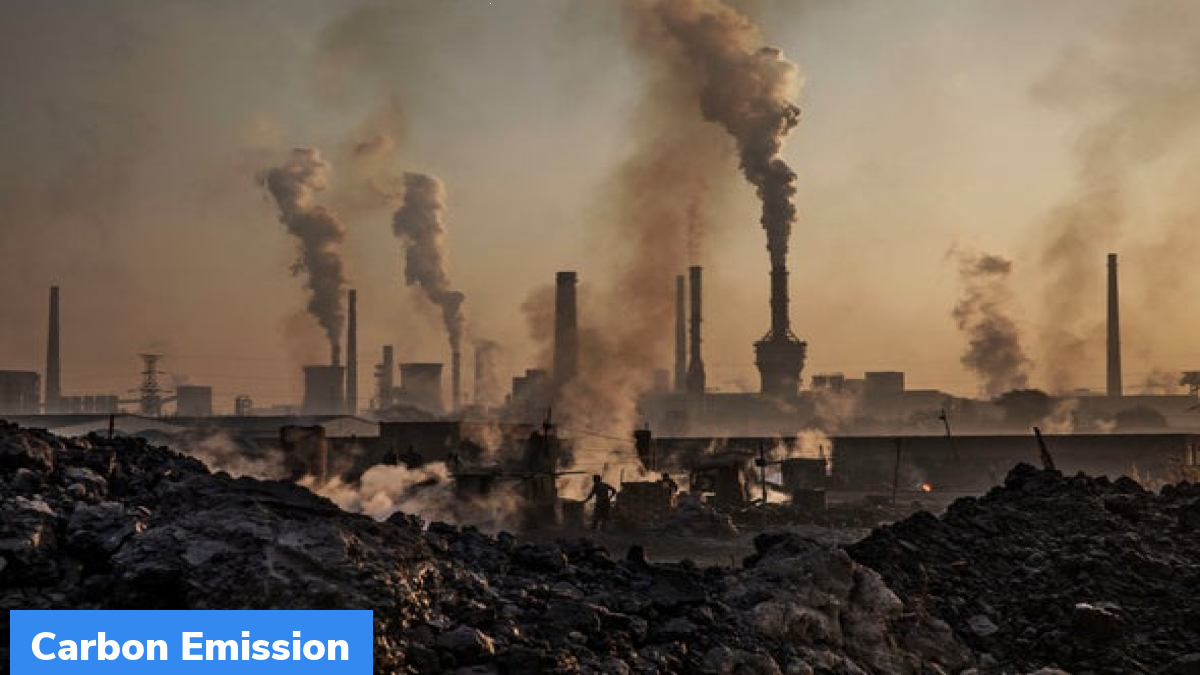“Who is Financing Fossil Fuel Expansion in Africa?” Report
The report titled “Who is Financing Fossil Fuel Expansion in Africa?” was released at the COP27. Some of the organizations that wrote the report include Urgewald, Oilwatch Africa, and Africa Coal Network. A total of 37 African non-profi0074s wrote this report.
What are the key findings of the report?
Export dominance
Some 200 companies are currently exploring or developing new fossil fuel reserves or infrastructure in 48 of the 55 African countries. These include LNG terminals, pipelines, or gas and coal-fired power plants. Though these new projects are increasing the continent’s fossil fuel capacity, only a small share of the electricity produced from these projects is used for domestic consumption. 18 African countries are frontier countries having little to no existing oil or gas production.
Oil and gas companies are currently developing new LNG terminals with a combined capacity of over 87 million tonnes per annum. These projects are increasing Africa’s existing LNG terminal capacity by 116%. Over 89 percent of the LNG infrastructure are built for export, mainly to Europe and Asia. Millions of people in Africa, who still lack access to energy, are unlikely to benefit from these projects.
Dominance of foreign companies
Capital expenditures for oil and gas exploration in Africa increased from 3.4 billion USD in 2020 to 5.1 billion USD in 2022. African countries have less than a third of this share.
13 of the top 20 oil and gas developers in Africa are foreign. The top three upstream oil and gas developers are TotalEnergies, Algerian Sonatrach and Italian oil major Eni. French oil multinational TotalEnergies is Africa’s largest oil and gas developer. It is currently producing 25 per cent of the total production in the continent and is planning to add 2.27 billion barrels of oil equivalent to its African production portfolio. Extracting and burning these new resources would be equal to three times France’s annual carbon emissions.
Overall, oil and gas companies are currently preparing to add 15.8 billion barrels of oil equivalent to their production portfolios in Africa by the end of the present decade. The extraction and combustion of these new resources would result in the release of 8 gigatonnes of carbon dioxide equivalent. This is twice the amount of carbon emissions released by the European Union each year.
Impact of foreign projects on Africa’s transition to clean energy
The fossil fuel infrastructure like LNG terminals are costly and have decades of lifespan. For instance, TotalEnergies and CNOOC’s East African Cruise OIL Pipeline (EACOP) will cost 5 billion USD and will operate for two decades. ExxonMobil and Eni’s Rovuma LNG project in Mozambique and Equinor’s LNG project are expected to cost 30 billion USD each and operate for more than 3 decades.
Such projects will prevent host African countries from transitioning to renewables for decades to come. Africa requires an investment of 25 billion USD per year to shift to clean energy by the end of this decade. This is almost equal to the cost of a single large LNG project.
Funding for fossil fuel projects
As of July 2022, some 5,000 institutional investors owned total shares and bonds worth 109 billion USD in companies developing fossil fuel projects in Africa. The top 23 investors accounted for over half of this investment. Of these 14 institutional investors are headquartered in the United States, 6 in Europe and one each in Canada, India and South Africa.
In terms of country-wise bank funding for fossil fuel expansion in Africa, the top contributors are Europe (40 per cent), the United States (20 per cent) and India (3 per cent). About 71 per cent of bank support for fossil fuel developers in the continent was from banks that are members of the Net Zero Banking Alliance. Indian companies are having significant presence in terms of investing in fossil fuel infrastructure.
Month: Current Affairs – November, 2022
Category: Environment Current Affairs • International / World Current Affairs • Reports & Indexes Current Affairs


